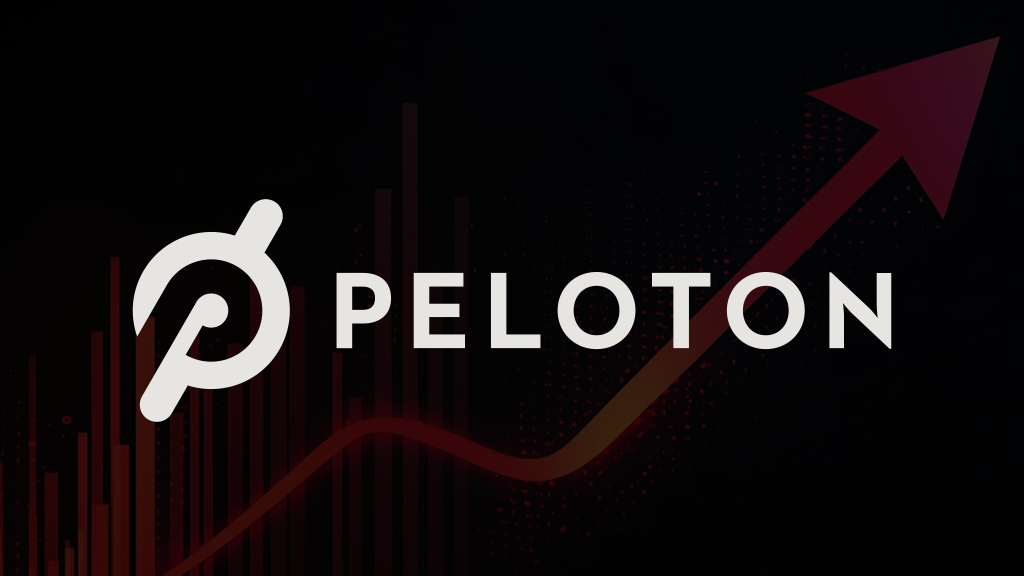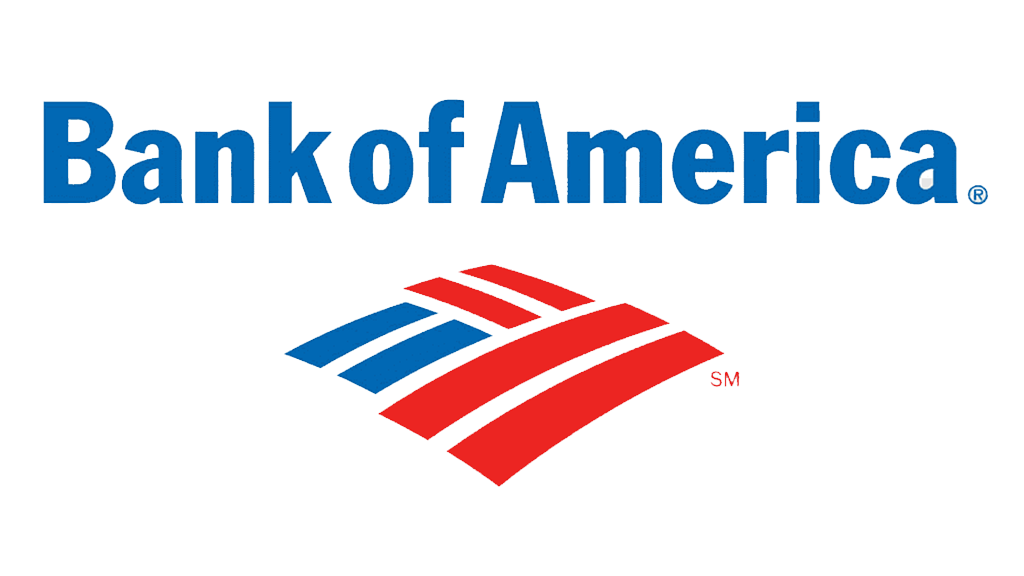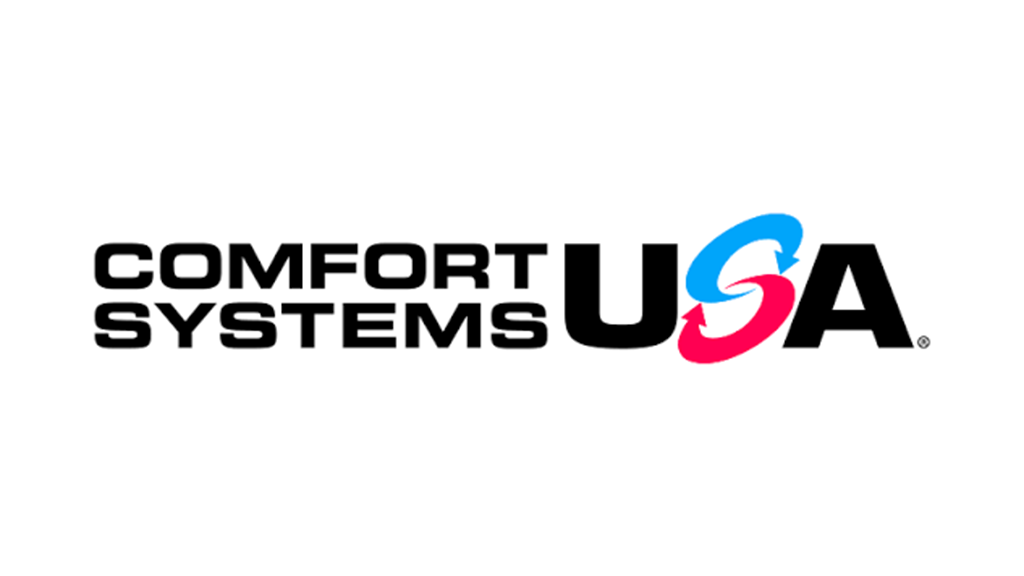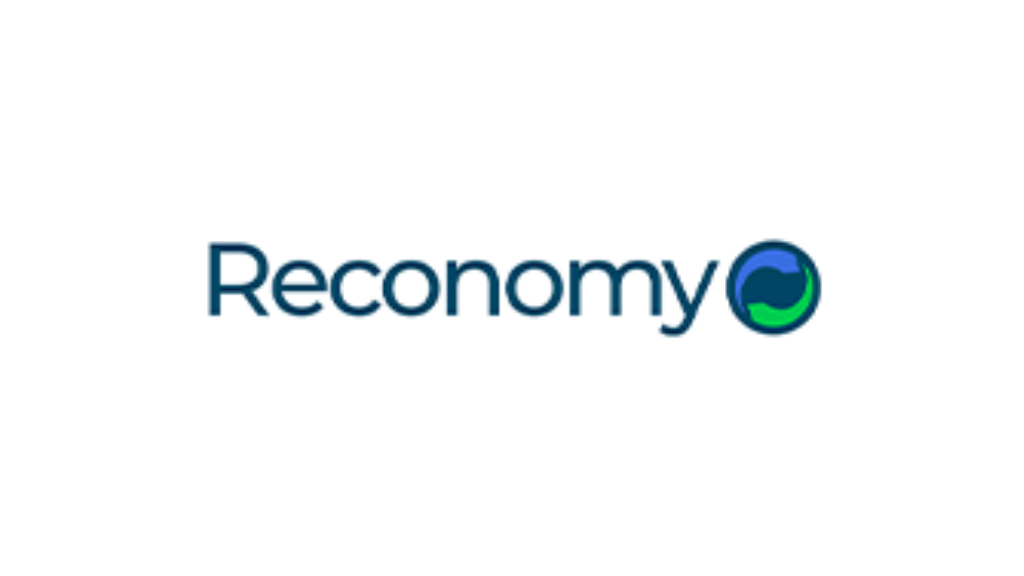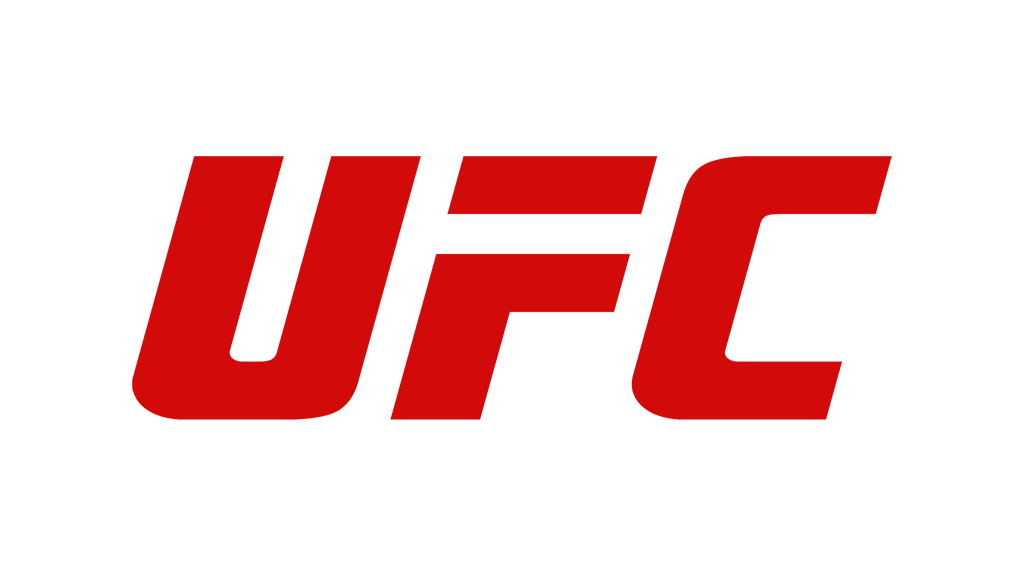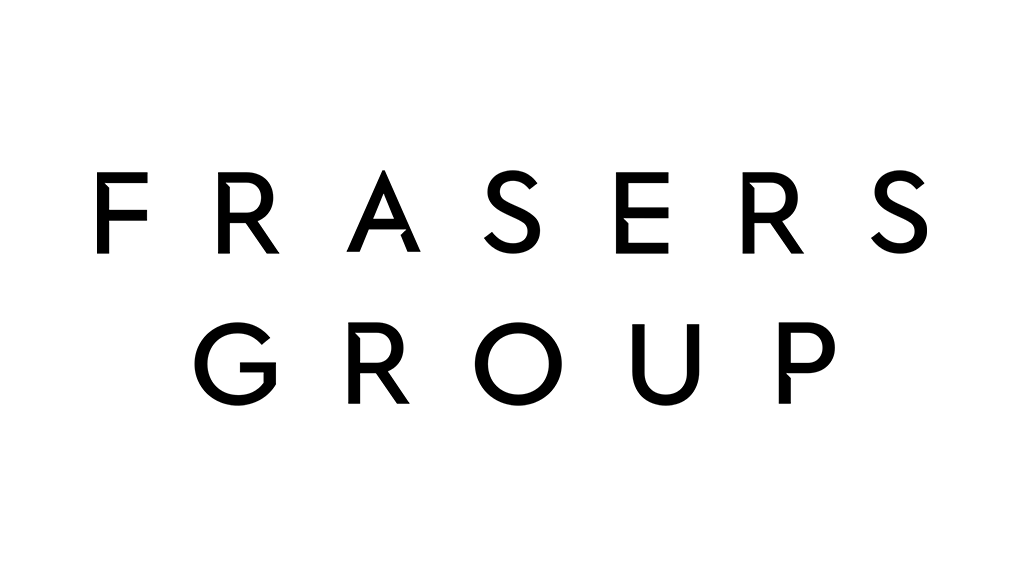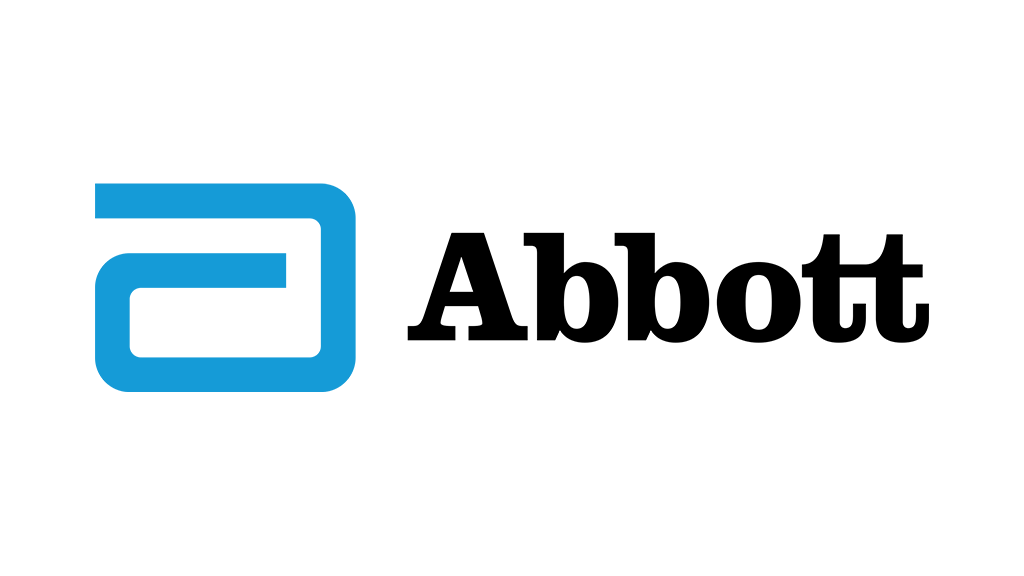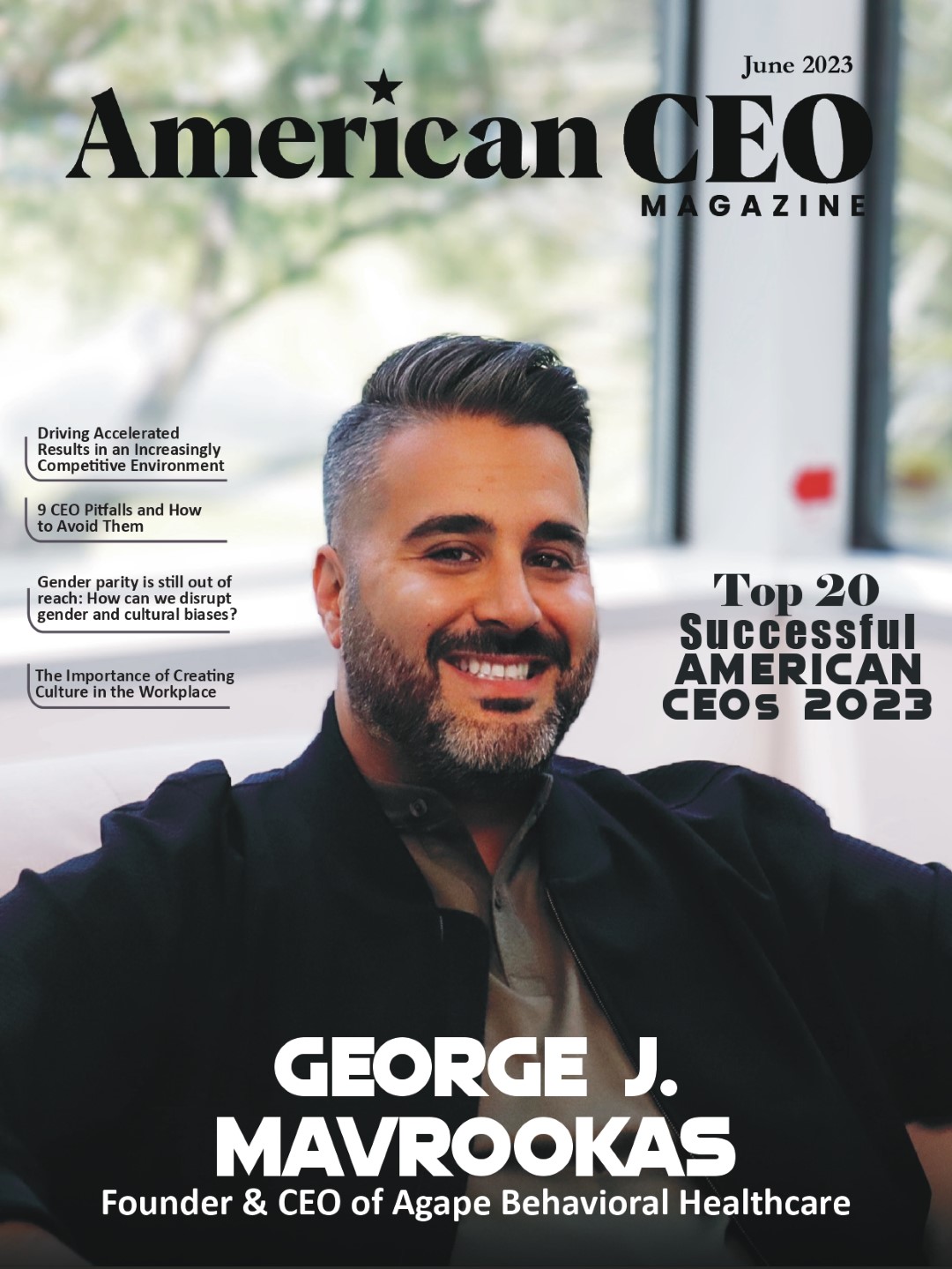Mary Meduna
Leadership Coach

Mary Meduna
Mary is an executive coach, on a mission to teach conscious leaders how to play the inner game so that they can be happy, healthy and connected to unlimited possibilities.
How do you define success
How do you define success? Do you do it by markers that others celebrate, such as passion, power, money and the like? Or do you do it by internal markers such as deep feelings of well-being, joy and sense of purpose? ~Srikumar Rao, Modern Wisdom, Ancient Roots
During the summer between my junior and senior year of high school, my teachers nominated me to participate in the Hugh O’Brian Leadership seminar. Why me? What did they see in me that would suggest a leader?
This experience instilled in me a belief that the world needs good leaders, and that I could be one of them. I saw myself learning to connect with students that others found difficult to teach and creating a safe space for them to develop their gifts and talents. But I didn’t just want to do this for my classroom, I wanted to inspire and lead entire buildings of teachers and staff who were connecting with students—regardless of the challenges they brought with them—to help them develop their gifts and talents. As a leader, I would ensure that the teachers and staff had the resources and support they needed to grow; and as they grew, they would create the same experience for their students.
To become this leader, I concluded that I would need to pursue two paths simultaneously; I would need knowledge and credentials, and I would need experience in applying the leadership principles I was learning. My success was based largely on feedback from parents, teachers, principals and staff. And of course, I also had to manage instructional programming, hiring and retaining staff, and managing the budget.
This is what I refer to as playing the Outer Game. As we “play” the Outer Game, we may still be pursuing our own vision or purpose, but we attempt to do so by complying with the beliefs and expectations of others. Our vision inspires us and keeps us in the game, but we lose energy as we encounter challenges or continue to do things the way that they have always been done.
The Outer Game is characterized by the experience of starts and stops, like we just can’t get everything firing on all cylinders at the same time. Why are we going around and around in unproductive, exhausting circles that don’t move us any closer to our purpose? Not only does the Outer Game interfere with the pursuit of our goals, it also taxes our physical, mental and emotional health. I know from personal experience, and I played the Outer Game well…until I didn’t.
Since I never expected leadership development to be easy, I didn’t pay attention to the small indications that I was over-taxing my nervous system. I remember when the first physical signal showed up during the Spring of my first year as an administrator. My right thumb was swollen after a weekend of gardening. One of my occupational therapists looked at it and acknowledged that there was visible swelling and questioned how a few days of gardening would cause this type of swelling. Since I didn’t know the cause, I pushed through the pain. Within a year of that experience, I was in so much physical pain that I could barely move, and for the first time in my life, I wondered if I’d end up on disability. I found a chiropractor to work with me, and this brought me relief. Since I wasn’t experiencing these symptoms anymore, I assumed I could continue to pursue my path.
From a personal standpoint, my relationships were adequate. I saw my family once a year and my marriage was “good enough.” It didn’t light me up, but we both seemed to have fallen into satisfactory rhythms.
Fast forward 7 years…I had bounced around various school districts, always to a new opportunity, but I was growing tired of being the new kid all the time. My marriage finally fizzled out, and I continued to experience bouts of extreme physical pain. I was tired, but I was still in the game (or so I thought).
Then, one afternoon, my superintendent calls me into his office, “Mary, you’re doing all the right things, but it isn’t working for you. You’ll have to figure things out, or go.”
The Outer Game wasn’t working for me. I wasn’t experiencing myself as the leader I imagined myself to be (I had failed). I didn’t have a network of close personal friends that I could lean on (I felt incredibly alone). I was in a lot of pain (I felt stuck). How did this dream that was so clear and so compelling bring me here? The possibility that I would never be an inspirational leader who brings out the best in others was crushing. Where was my worth if I couldn’t be that leader?
The questions came over me like a wave. What could I do differently? Apparently, I was ‘doing’ the right things, so why were they not producing desirable results? What other levers could I use to create the outcomes that I desire without paying such a heavy price?
I didn’t just learn to play the game differently. I decided to learn how to play a NEW game. Switching from playing the Outer Game to the Inner Game has been life-changing for me.
You see, the Inner Game is driven by our core beliefs, expectations, and behavioral strategies. Over time, as I learned to play this new game, I began to recognize the 5 core beliefs that prevented me from experiencing myself as the leader I wanted to be. While I believed the following would help me achieve my goals and live out my purpose, they did the opposite.
My 5 core beliefs that kept me in the Outer Game (holding me back from my purpose):
- I should compartmentalize my work life and my personal life.
- My work life should take priority over my personal life.
- The pursuit of goals is not easy, and I must make sacrifices.
- I must plan for and control all aspects of my life and business.
- Addressing my personal well-being is selfish, and it doesn’t add value to the pursuit of my dreams.
The Inner Game is played with a different set of rules. The rules for the Inner Game include:
- I accept responsibility for my own well-being.
- I know what I really want.
- I become a keen observer of my own experience.
- I let go of outdated beliefs and things that drain my emotional energy.
- I maintain flexibility through a beginner’s mind.
When we play by the Inner Game rules, we avoid the frustration, pain and distraction that happens when we expect someone or something else to change in order for us to be happy. By observing our experiences, we uncover the beliefs and expectations that prevent us from growing. As we let these go, the energy we were using to keep the pain contained, now ignites the fires of passion and inspiration that light our most authentic path.
How you define success will be determined by which game you choose to play. Will external markers such as wealth and recognition satisfy your heart, or will your heart only be satisfied by deep feelings of well-being, joy and sense of purpose?





























